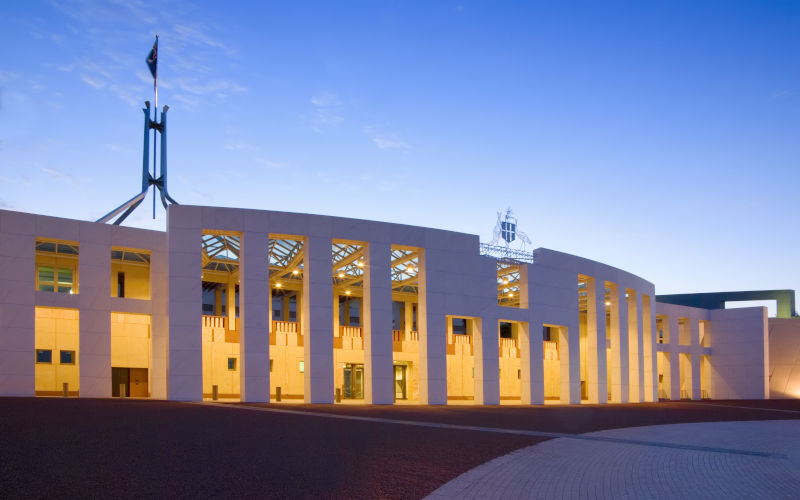Whats the point of the Australian Labor Party?
April 23, 2023
The ALP seems intent on abandoning progressive policies and turning itself into a competent version of the Coalition. This is not good for them, our collective future, or democracy.
Its not hard to feel cynical about politics, especially the democratic variety. After all, expectations are rightly higher about a system that is considered uniquely capable of allowing citizens to participate in the political process and influence the way they are governed by expressing their individual preferences. The reality, however, is invariably very different. As an old joke has it, no matter who you vote for a politician gets elected.
A bit harsh, perhaps, especially in an era when a new generation of independent parliamentarians is having a real impact on the national political discourse in Australia, if not on substantive policy outcomes. Another timeless observation about democratic politics is that its all about the numbers, rather than persuasive arguments or even ideological consistency. The Australian Labor Party is currently reminding us that power without purpose is always a possibility.
No doubt the ALP remains traumatised by recent election losses and its mauling at the hands of a cashed-up mining sector when it had the temerity to consider introducing a Resource Super Profits Tax. What takes more explaining, however, is the ALPs wholesale adoption of the Coalitions defence policies and the failure to prioritise the interests of its traditional working-class constituency.
The most egregious illustration of this possibility is the decision to buy nuclear submarines from the US and/or Britain. As has been pointed out at length by contributors to P&I, not only are the strategic merits of this decision highly debatable, but the opportunity costs are colossal.
Perhaps the ALP would have rejected the recommendations of its own expert advisors about the need to increase the paltry jobseeker allowance under any circumstances; but there are unfortunately no votes in looking after the unemployed at the best of times, let alone when (at least) $368 billion must be found for military hardware that will do little to discourage our principal trade partner from pursuing what it sees as its national interests.
And yet at the same time, the Albanese government is also intent on keeping the Coalitions stage-three tax cuts, which will primarily benefit those earning more than $100,000, and which will cost an estimated $300billion over the first nine years; almost enough to pay for the subs, in fact. At a time of supposed economic stringency, generous handouts for people who dont need them look unjustifiable and bizarre - except when judged by the logic of political expediency, of course.
To judge by its actions since the last election, the ALP seems intent on turning itself into a competent and inoffensive version of the former Coalition government. As bar-setting exercises go, this is startlingly low. Competing for the fabled centre ground is one thing; substituting policy plagiarism for any real product differentiation, let alone sense of ambition or distinctive purpose is quite another.
The real tragedy is that there are some very smart and capable people in the ALP who clearly understand the manifold challenges that face all governments at this notably uncertain historical moment. The most striking example of this possibility, perhaps, has been Penny Wong, who has found herself having to backtrack from the insightful comments she made while in opposition about the need to work with other middle powers to avoid great power conflict.
This is not to suggest that the ALP is devoid of internal debates or argument, even though these tend to occur among warring factions over the spoils of office.Outwardly, however, Labors foot soldiers have generally stayed on message and presented a united front, even on issues, like tax cuts for the wealthy, which are notably at odds with its traditional association with progressive social policies.
Much the same criticism could be made about the ALPs environmental policies, which are hardly less accommodating than those of the Coalition, despite the Greens negotiating a cap on overall emissions. Significantly, Greens leader Adam Bandt said the ALP acted like the political wing of the coal and gas lobby in negotiations, and appeared determined to leave room for some new fossil fuel projects.
Perhaps the election loss in 2019 has convinced the ALP that a progressive policy agenda is a recipe for defeat. Given that many of the principal potential beneficiaries of progressive tax reform actually deserted Labor under Bill Shortens leadership, they may be right.
But when the Coalition is in disarray and the ALP is generally well regarded and competent, isnt this a moment for a little policy ambition, even principled leadership? Indeed, if not now, when will the time be right for a more imaginative approach to foreign and domestic policy?

